Debate to send four teams to state tournament
Debate will be going to Texas Forensic Association’s (TFA) Annual State Tournament on March 1-3 in La Vernia, Texas.
Three teams have qualified in cross-examination and one team has qualified for public forum. Senior Andrew Nguyen, juniors Sunil Krish, Zoha Rizvi, Alyshu Lalani, along with sophomores Rahul Kolla and Gavin Loyd, will be participating in the tournament.
“I feel ecstatic,” Kolla said. “After months of hard work, we finally made it. It took us six and a half months to make it, so it feels good. [I expect] mainly a learning experience. It’s the first time I’m going [to state] so I expect to get beaten, but at the same time I want to win.”
The preparation to get to state requires debaters to compete at local tournaments that are TFA state qualifying. Teams have to break, or go from preliminary rounds to elimination rounds, to earn two state points. After 12 state points, teams qualify to go to state. A debater’s goal is to get a positive record — to get more wins than losses.
“My only worry would be having a negative record,” Kolla said. “It would be great to have a positive record and reach the elimination rounds with all the work we put in to qualify.”
According to debate coach Cameron Vaziri, going to state has become an expectation because the team has gone to the state tournament every year since he and debate coach Leeann Solice arrived to Hebron. Vaziri attributes the team’s success to understanding the topic at hand.
“We are a young team, but we have accelerated rapidly in terms of the size and that’s starting to get matched with quality as well,” Vaziri said. “We have several kids who are knowledgeable about the arguments that they are running. We are now trying to make them not just know the substance of their arguments but also the technical aspects of debate: the trickery, the way of moving the arguments around and manipulate [them].”
In last-minute preparations, Vaziri wants to focus on the technical aspects of debate: the decisions on what argument pieces go where, how to map a debate round in your mind and the ability to use gaps in arguments to manipulate your opponent’s position.
“Almost every round I tell them is this: keep it simple,” Vaziri said. “Because our main thing is that we are generally smarter than the other team and we sometimes fall into the trap of making the debates overly complicated. While we know what we are doing, everyone else in the room, including the judge, kind of gets lost and that’s a big problem. You have to find ways to make extremely complex arguments simple and that’s the sign of when you really know what you’re talking about.”
Nguyen said the team’s success is not only attributable to the coaches and the external consultants, but also the growth of the team which allows the burden of the research to be shared amongst other members. He and Krish have received national recognition.
“We’re going to win the tournament,” Nguyen said. “That’s what I’m hoping.”
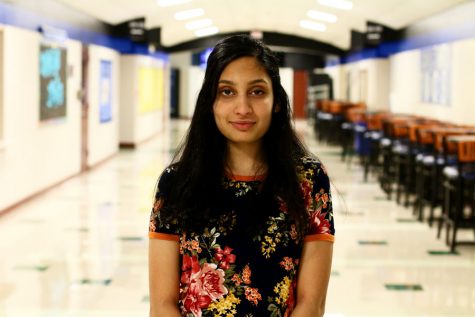
Senior Mrunmayi Sathaye is the feature editor and this is her second year on staff. She considers herself "artistically inclined-ish" and a pessimistic...



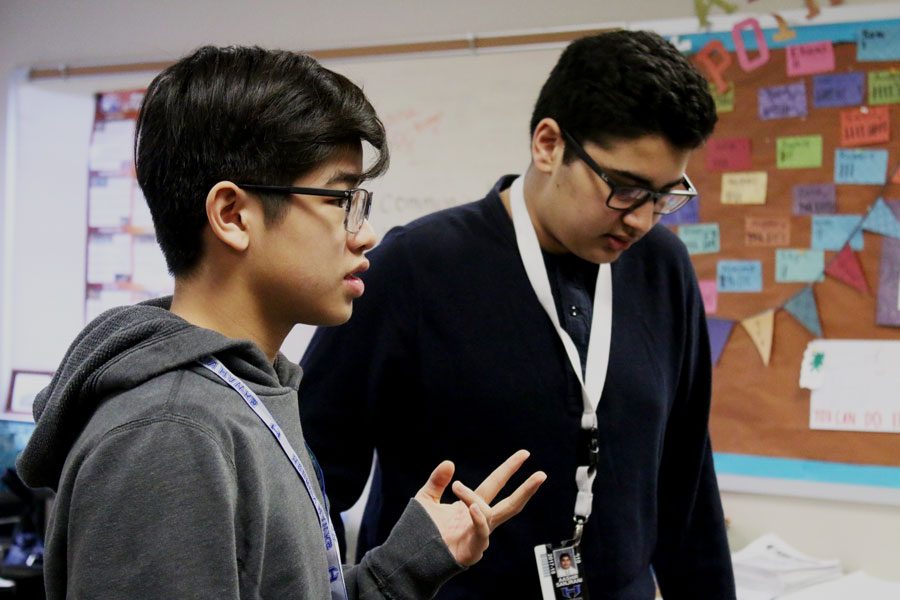
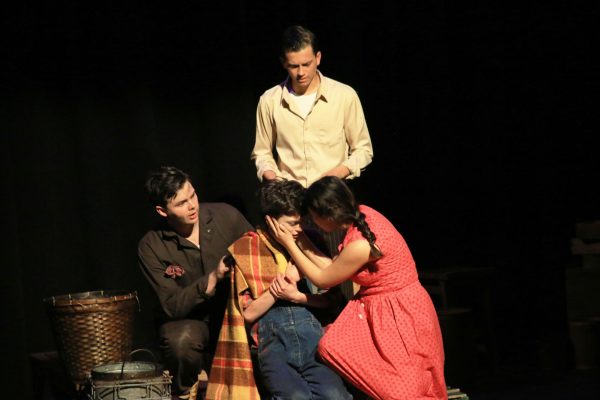
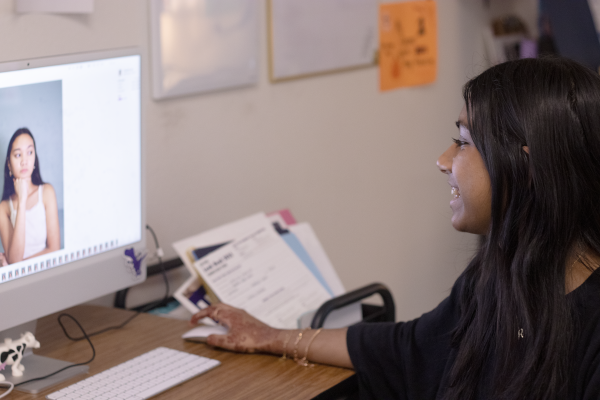
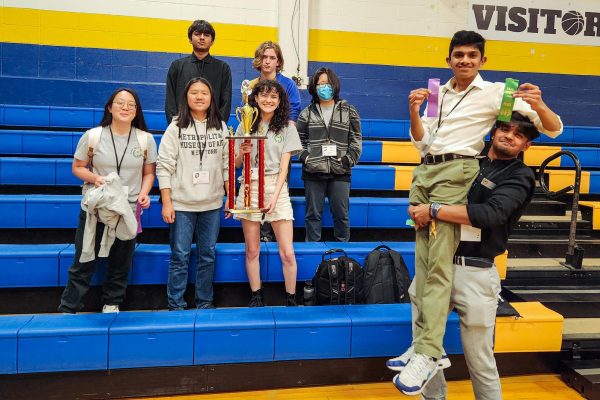
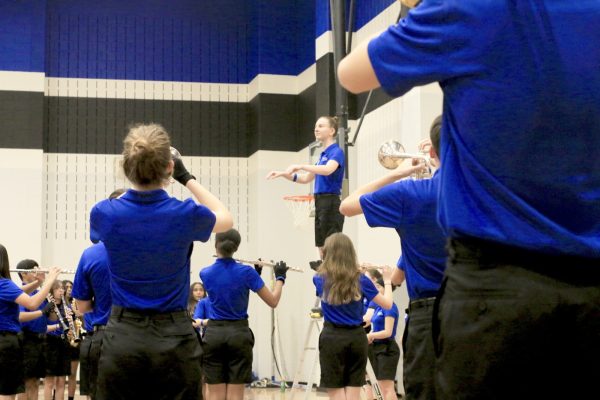
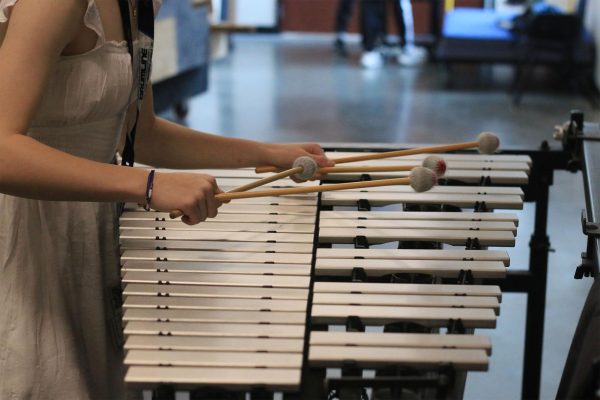
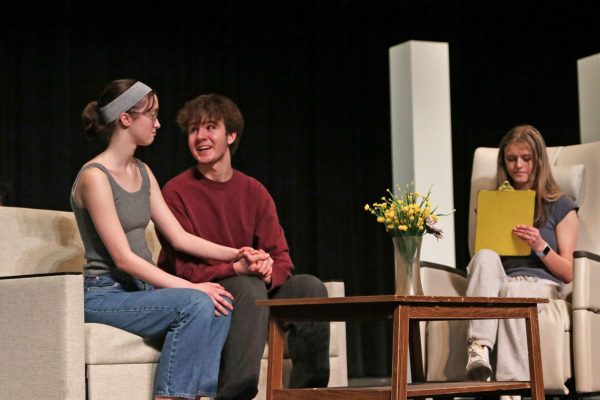
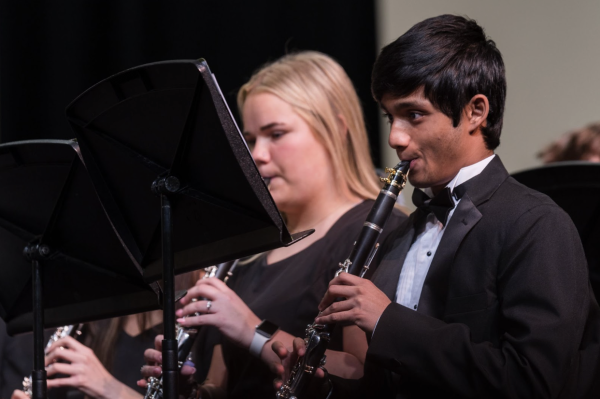
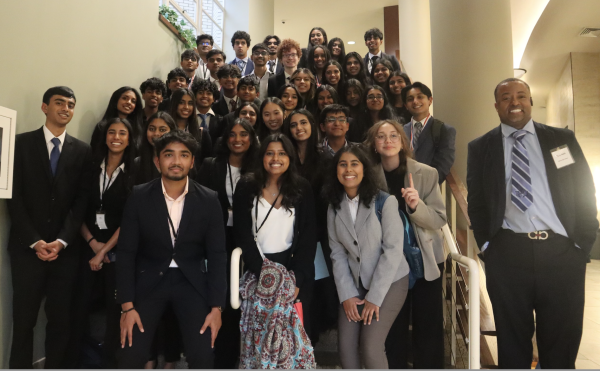
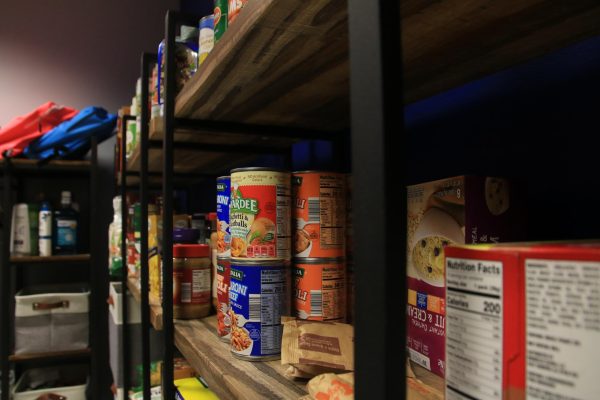
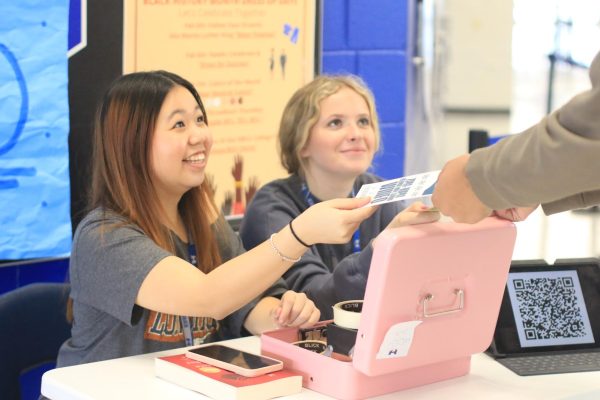
Rahul Kolla • Apr 5, 2022 at 10:40 PM
Thank you for this publication and sharing my emotional, personal thoughts!